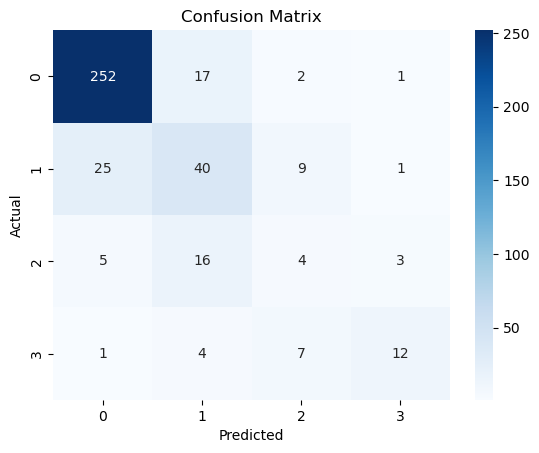- by Jimmy Fisher
- Oct 19, 2024
What is Epidemiology?
- By Jimmy Fisher
- Oct 19, 2024
- in Definitions

Epidemiology is the study of how diseases and health-related conditions spread, occur, and are managed within populations. It examines the patterns, causes, and effects of health and disease conditions to identify risk factors and establish ways to control or prevent health problems.
Epidemiologists use data collection and analysis to trace the source of
outbreaks, study trends in health and illness, and inform public policies that can improve health outcomes on a larger scale. Epidemiology is foundational to public health practice, guiding strategies for everything from infectious disease
prevention to chronic illness management.
Put simply, epidemiology is the study of population
variances in morbidity and mortality, of patterns in disease and death. Done
properly, it can identify risk factors and inform effective public policy. It concerns itself with the prevalence and incidence of disease, treatment pathways, outcomes, and various ways to compare observed variation within and across groups of people. Lastly, epidemiological analyses consider the extent to which sample sizes allow for the generalization of observed variations in data.
There have been 2 recent inflection points that substantively changed the relationship of epidemiology to society, the first being development of artificial intelligence. Whereas epidemiology seeks to understand underlying causes of diseases and often focuses on causal relationships between risk factors, health behaviors, treatments, and disease outcomes, machine learning focus on the accuracy of predictive models without necessarily seeking to understand the intervening mechanisms between variables. This movement away from statistical methods and toward linear algebra, calculus, and optimization theory has yielded new and complementary insights into patient care and population health.
The second recent inflection point was the COVID-19 pandemic, a worldwide phenomenon whose management included not only epidemiological considerations, but economic, sociological, psychological, and political ones as well. During the COVID-adjacent shutdowns, governments around the world cited health statistics, risk profiles, and various data that spanned the gamut from empirical to ideological, but always clothed in "science." The public also became aware that experts do not always agree.
In the pandemic era, some competing "expert" claims even devolved into characterizations of science versus disinformation, with some governments shutting down speech blamed for worsening immunization rates and pandemic mortality, and associated vaccinations became intensely politicized. The reasons for this are multifactorial, but it would be fair to say that many people came to view epidemiology, and perhaps "science" itself, in a different light during this period, for good and for ill.
Suffice it to say, when done improperly by biased, confused, and/or misguided data
scientists, "epidemiology" (in quotes) is little more than a means of seeking conformation of personal or group axiomatic presuppositions. One of the reasons for this website is to help offset some of what has mistakenly passed as epidemiology and sound data science during the past decade.





